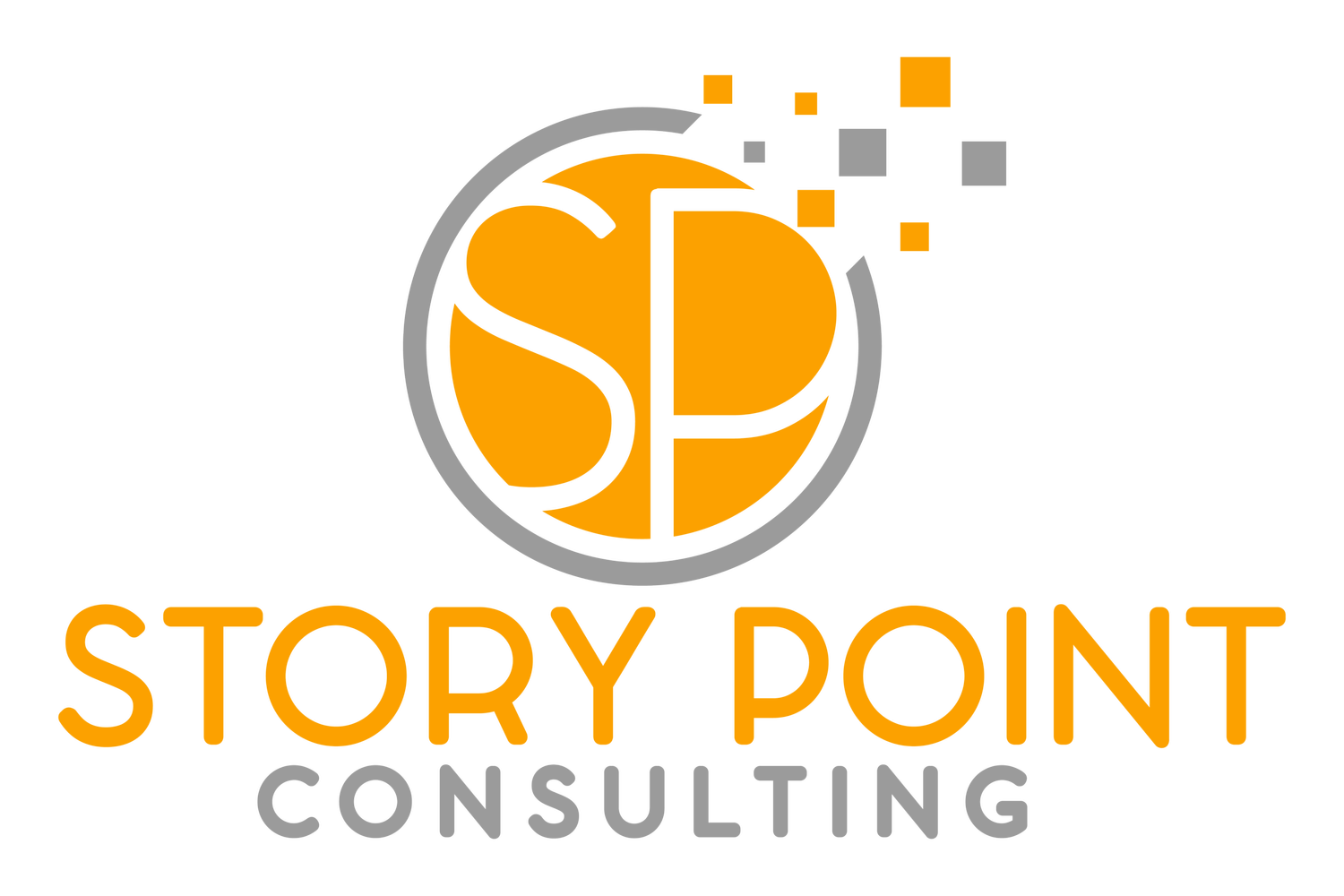5 Key Skills Every Great Nonprofit Board Member Should Have
Serving on a nonprofit board is about more than just going to meetings. It’s about being part of a team that helps guide the organization and makes important decisions. Board members help keep the nonprofit focused on its mission and make sure it can continue its work for the long term.
If you are thinking about contributing your skills on a board, or seeking ideas to recruit new board members, it is a good idea to consider what skills help make a great board member. To get you started, here are five essential skills every nonprofit board member should have to help their organization thrive.
Community Knowledge
One of the most important qualities a nonprofit board member can bring to the table is a genuine connection to the mission. This does not mean you need to have direct personal experience with the issue or cause. Instead, it’s about understanding the community the organization serves and feeling passionate about its work.
Community knowledge helps board members engage in meaningful conversations about the nonprofit’s impact, challenges, and future direction. Whether it’s through lived experience, professional expertise, or simply an openness to learn, a connection to the cause enables board members to speak with authenticity and enthusiasm.
This passion is contagious. When board members are deeply engaged with the mission, they inspire others—whether it’s donors, volunteers, or the broader community—to get involved and support the work. Your voice becomes a powerful tool for advocacy, allowing you to rally support and increase the visibility of the organization.
Commitment: Showing Up and Following Through
Being a great board member requires time, energy, and dedication. Most board members serve for a term of one to four years, and during that time, they are expected to attend regular meetings, participate in committees, and actively engage with the nonprofit’s goals and challenges.
Commitment is not just about being present, it’s about being dependable. Organizations need board members who follow through on their responsibilities, attend meetings consistently, and contribute meaningfully to discussions. It’s not just about putting in the time—it’s about making that time count.
A board member with a history of seeing things through, showing up prepared, and holding themselves accountable will be a real asset. This reliability helps set the tone for the entire board and reinforces the importance of strong, consistent leadership. After all, a nonprofit is only as strong as its leadership.
A Willingness to Learn: Curiosity Over Credentials
The nonprofit world is always changing. New funding models, shifts in community needs, evolving policies, and technological advancements require nonprofits to stay adaptable. That’s why a willingness to learn is one of the most important traits for a board member to have.
Board members do not need to be experts in everything. However, a strong desire to learn about nonprofit governance, fundraising, and program development is essential. Whether it’s attending training, investing in professional development, asking questions, or seeking guidance from more experienced members, a willingness to grow and adapt makes a board member more effective over time.
In addition, nonprofit boards often face complex decisions. Being open to learning, even when you don’t have all the answers, makes it easier to work together and solve problems. The nonprofit sector is ever-evolving, and board members who are eager to learn will help their organizations stay responsive.
Fundraising Skills
One of the core responsibilities of a nonprofit board is ensuring the organization remains sustainable. This usually involves some form of fundraising, whether it's through events, donor cultivation, grant writing, or exploring new revenue streams.
While you do not have to be a professional fundraiser, board members must understand that fundraising is part of the job. Great board members will actively participate in fundraising efforts, whether by helping to build donor relationships, or leveraging their networks to attract new supporters.
The key is a mindset that sees fundraising as an essential, positive activity. It is not just about asking for money, it’s about ensuring the organization’s programs and services continue to thrive for years to come. Board members can bring valuable skills to the table by identifying new fundraising strategies, helping to craft compelling messages, or thinking creatively about donor engagement.
Forward Thinking
Sometimes board members get caught up in the details of day-to-day operations and it’s natural, these things need to be addressed. But the primary role of a nonprofit board is to focus on strategy, vision, and long-term sustainability.
By thinking ahead, board members can support the organization’s long-term goals. Some useful questions to consider might be:
Where is the organization headed in five years?
What’s the next big opportunity for growth or impact?
How can the nonprofit continue to evolve to meet community needs?
Board members who are focused on the big picture can help steer the organization toward growth and innovation. While it’s easy to get distracted by immediate needs, strategic planning is the heart of nonprofit governance. Effective boards don’t just react, they anticipate. This ability to think ahead ensures the organization is ready for whatever challenges or opportunities lie around the corner.
Being a nonprofit board member is a meaningful and impactful role, but it requires more than just showing up. It’s about being deeply connected to the mission, bringing passion, dependability, and open-mindedness to the table, and working alongside a team to keep the organization sustainable and forward-thinking.
If you’re considering joining a board or already serving on one, remember that your contributions have the power to shape the future of the organizations and the community it serves. By focusing on these key skills, you can help ensure that the nonprofit you support remains strong, innovative, and able to carry out its important work for years to come.
Want to create a plan where everyone can play a part in fundraising? Subscribe to our weekly newsletter and receive our free Fundraising Plan Template designed for small nonprofits and charities looking for guidance on how to plan their year of fundraising.




